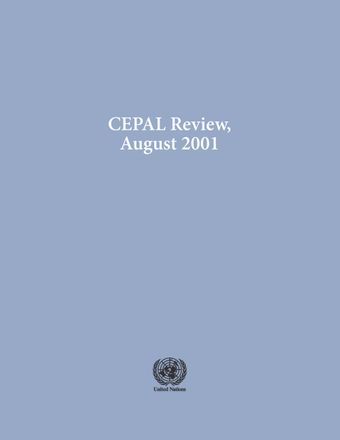-
An econometric analysis of private-sector investment in Brazil
- Source: CEPAL Review, Volume 2001, Issue 74, Nov 2001, p. 153 - 166
- Spanish
-
- 23 Nov 2001
Abstract
This article analyses the main determinants of private-sector investment in Brazil during the period 1956-1996, using an empirical model employed in the most recent studies on developing countries. The econometric procedures followed not only take into account the non-stationarity of the data series examined, but allow for the possible difficulties involved in treating the conditioning variables as exogenous ones or as policy instruments. The findings –both the longterm equations and the short-term models– reveal the positive impact of the output, public investment and financial credit variables and the negative effect of the exchange rate. The results of the weak exogeneity and superexogeneity tests show the importance of credit and public investment as economic policy instruments, while obviating Lucas’ critique.





